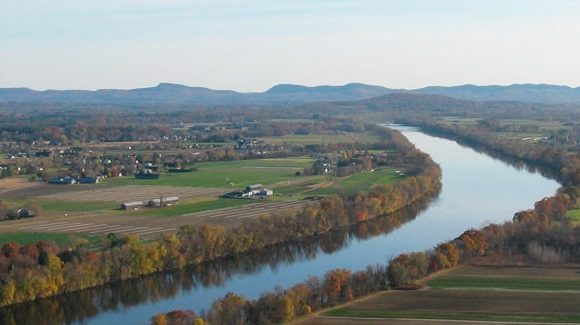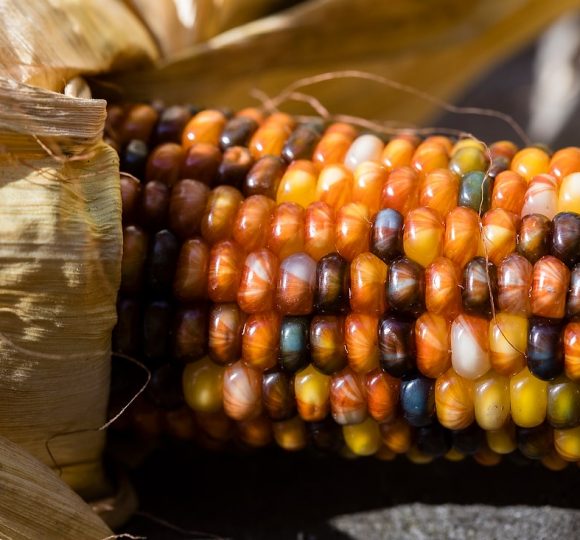Across our communities, there are increasing trends toward eating fewer processed foods, seeking out foods that support good health, and recognizing the value of eating food grown near where we live. Certainly, these trends vary by place and within communities, but there is clearly a groundswell, a slow shifting, in our approach to food.
Yet scaling up this relatively new, growing, and localized production system of small farmers and small businesses to meet retail and wholesale demand remains a challenge for all involved. There is tremendous need for farmer training, improved distribution systems, storage and processing facilities, and ongoing buyer education. Given this potential of the local food economy as a driver of economic development, how might a city support the infrastructure and systems needed to grow this food economy, beyond reaching consumers directly? Complementing a prior Mayors Innovation Project paper that focused on increasing access to healthy local foods through direct-to-consumer channels, this paper focuses on the roles cities can take to support economic development through the local food economy.





